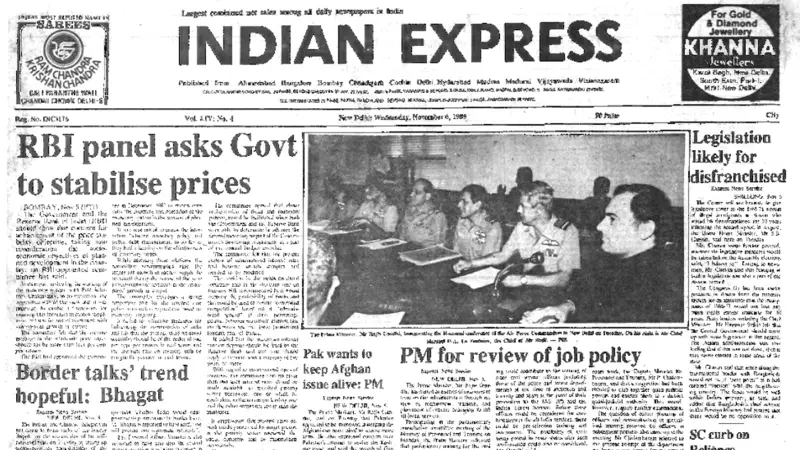
November 6, 1985, marked a significant moment in international diplomacy when Prime Minister Rajiv Gandhi articulated India's firm stance on Afghanistan while a dramatic spy kidnapping unfolded between global superpowers.
India's Clear Position on Afghanistan
During a crucial parliamentary session, Rajiv Gandhi addressed the ongoing Afghanistan conflict with remarkable clarity. The Prime Minister emphasized that India maintained a consistent and principled position, refusing to align with either superpower's agenda in the region.
"We have made it clear that we are not with the Soviets, we are not with the Americans," Gandhi declared, underscoring India's independent foreign policy approach. This statement came at a time when most nations felt compelled to choose sides in the escalating Cold War tensions.
The Shocking Spy Kidnapping
Simultaneously, across the globe, American intelligence agencies executed a daring operation that would strain US-Soviet relations further. In a bold move that captured international attention, US authorities kidnapped a Russian spy, creating one of the most dramatic espionage incidents of the decade.
This covert operation demonstrated the intense intelligence warfare being waged between the two superpowers, revealing the shadowy battles happening beneath surface-level diplomatic relations.
Diplomatic Ramifications
The timing of these events created a complex diplomatic landscape:
- India's neutral stance positioned it as a significant voice in global affairs
- The spy kidnapping escalated tensions between Washington and Moscow
- Developing nations watched closely as superpower rivalries intensified
- International diplomacy faced one of its most challenging periods
Historical Significance
These November 1985 events represented a crucial turning point in Cold War history. Rajiv Gandhi's leadership demonstrated that non-aligned nations could maintain independent foreign policies despite immense pressure from superpowers.
The spy incident, meanwhile, highlighted the extreme measures nations were willing to take in their intelligence operations, pushing diplomatic boundaries to their limits.
Four decades later, these events continue to offer valuable insights into international relations, superpower dynamics, and India's evolving role on the global stage during one of the most tense periods in modern history.






